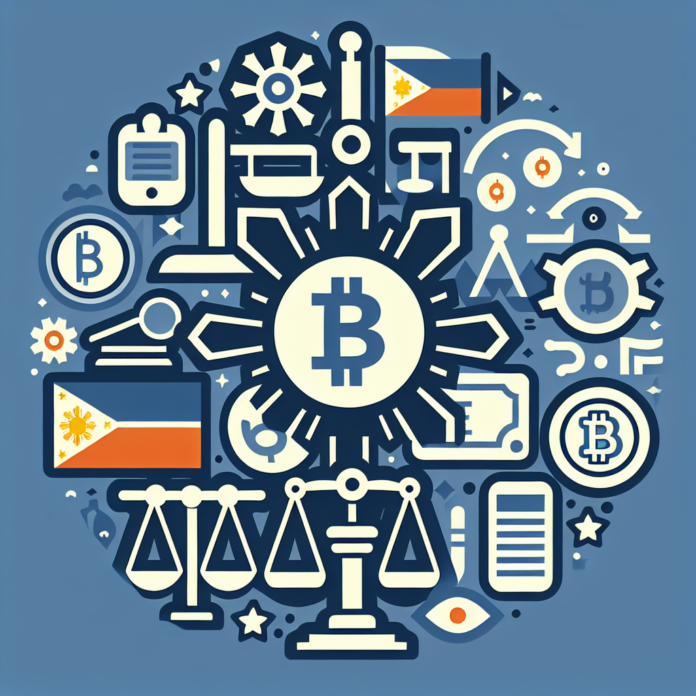Cryptocurrency Regulations in the Philippines
Coinfomania
Sure! Here’s a rewritten version of the article on Cryptocurrency Regulations in the Philippines, formatted with HTML headings:
“`html
Cryptocurrency Regulations in the Philippines
The Philippines has emerged as a notable player in the cryptocurrency landscape in Southeast Asia. With a growing number of Filipinos engaging in cryptocurrency trading and investment, the government has recognized the need for effective regulation to ensure consumer protection and maintain the integrity of the financial system.
Regulatory Bodies and Framework
In the Philippines, the primary regulatory body overseeing cryptocurrency activities is the Bangko Sentral ng Pilipinas (BSP), the country’s central bank. The BSP introduced Circular No. 944 in 2017, which established a framework for virtual currencies (VCs) and laid out guidelines for businesses involved in cryptocurrency exchanges and other related services.
Under these regulations, cryptocurrency exchanges and wallet providers must register with the BSP and comply with anti-money laundering (AML) and combating the financing of terrorism (CFT) requirements. This includes conducting customer due diligence and reporting suspicious transactions to the Anti-Money Laundering Council (AMLC).
Licensing and Compliance Requirements
To operate legally in the Philippines, cryptocurrency exchanges must obtain a Virtual Currency Exchange (VCE) license from the BSP. This licensing process involves a thorough assessment of the company’s operations, risk management systems, and compliance measures. The BSP also conducts regular audits and assessments to ensure ongoing compliance with regulations.
Furthermore, businesses engaging in initial coin offerings (ICOs) and token sales are required to adhere to specific guidelines set forth by the Securities and Exchange Commission (SEC) of the Philippines. The SEC has issued advisories to educate investors about the risks associated with ICOs and to protect them from fraudulent schemes.
Consumer Protection Measures
The Philippine government is also focused on consumer protection in the cryptocurrency space. The BSP has implemented measures to educate the public about the risks of investing in cryptocurrencies and has encouraged potential investors to exercise caution. In addition, the BSP monitors market trends and developments to ensure that regulations remain relevant and effective in safeguarding consumers.
Recent Developments and Future Outlook
As of 2023, the cryptocurrency landscape in the Philippines continues to evolve. The government is exploring further regulatory measures to adapt to the rapidly changing environment of digital assets. This includes potential regulations on decentralized finance (DeFi) platforms and non-fungible tokens (NFTs), which have gained popularity among Filipinos.
Moreover, the Philippines has been actively participating in international discussions regarding cryptocurrency regulations, collaborating with other countries to establish a cohesive approach to managing digital assets. This is essential for fostering a secure and transparent cryptocurrency ecosystem that promotes innovation while protecting consumers.
Conclusion
The regulatory framework for cryptocurrencies in the Philippines is continuously developing, reflecting the growing interest and involvement of Filipinos in the digital economy. With the BSP and SEC at the forefront, the government aims to strike a balance between fostering innovation and ensuring consumer protection, positioning the Philippines as a key player in the Southeast Asian cryptocurrency market.
“`
This revised version includes additional information while maintaining the original context and structure.


